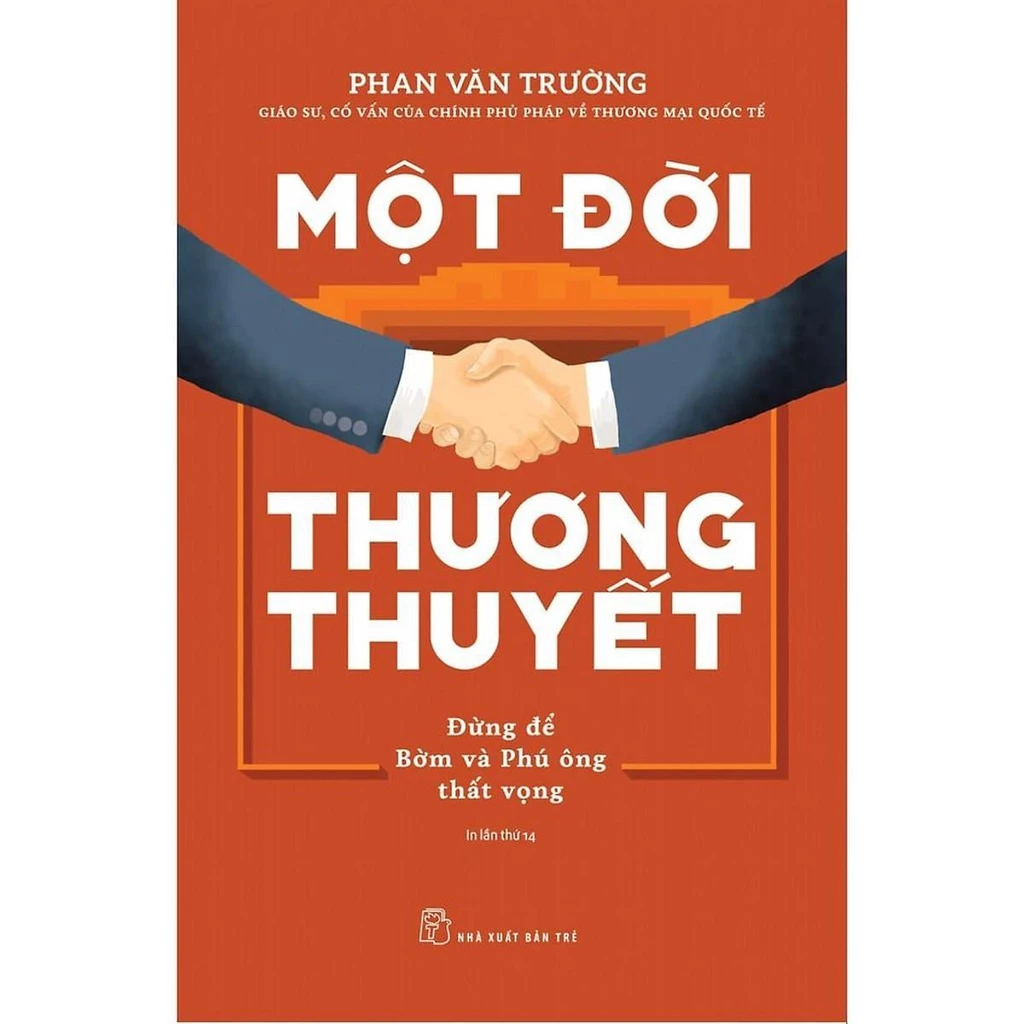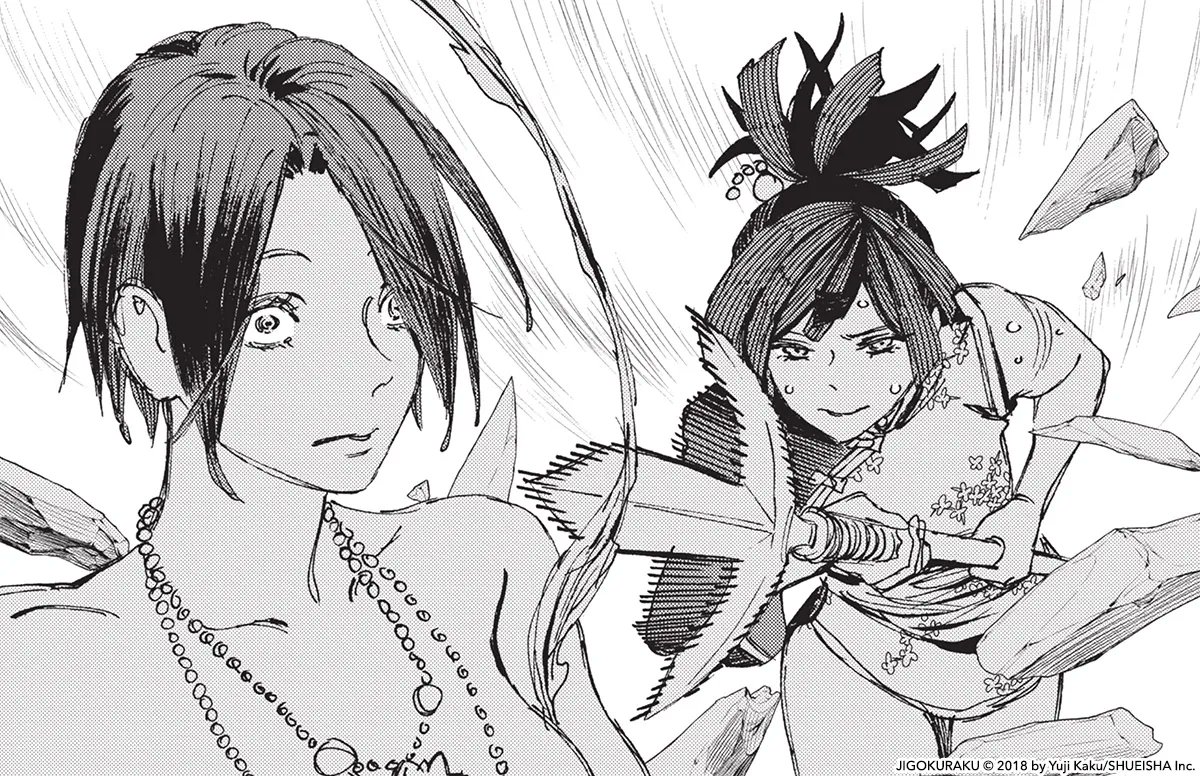Người Mỹ gốc Macedonia
 Hội người Bulgaria-Macedonia "Alexander the Great" ở Columbus, Ohio, khoảng những năm 1950.[1] | |
| Tổng dân số | |
|---|---|
| 69.636[2] (2019) | |
| Khu vực có số dân đáng kể | |
| Vùng đô thị New York,[3] Metro Detroit, Ohio,[4][5] và các thành phố lớn khác ở Đông Bắc và Thượng Trung Tây Hoa Kỳ | |
| Ngôn ngữ | |
| Tiếng Anh, Tiếng Macedonia | |
| Tôn giáo | |
| Chính thống giáo Macedonia | |
| Sắc tộc có liên quan | |
| Người Macedonia, Người Canada gốc Macedonia |
Người Mỹ gốc Macedonia là người Mỹ có nguồn gốc từ người Macedonia. Theo điều tra dân số mới nhất, có khoảng 61.332 người trong số họ, và theo ước tính không chính thức, con số này lên đến 200.000 người. Ngôn ngữ được sử dụng bởi người Macedonia ở Hoa Kỳ chủ yếu là tiếng Macedonia và tiếng Anh và theo tín ngưỡng Chính thống giáo Macedonia.[6][7][8][9][10][11]
Xem thêm
[sửa | sửa mã nguồn]Tham khảo
[sửa | sửa mã nguồn]- ^ Per Nikolay G. Altankov, PhD of History and Professor emeritus at the University of California in Santa Barbara the Macedonian-Bulgarian Society "Alexander the Great" from Columbus, Ohio which was founded in 1938 is no longer active. For more see: Nikolay G. Altankov, The Bulgarian-Americans, Ragusan Press, 1979; ISBN 0918660092, p. 143.
- ^ "2019 American Community Survey 1-Year Estimates". data.census.gov. Truy cập ngày 6 tháng 3 năm 2021.
- ^ "Yearbook of Immigration Statistics: 2011 Supplemental Table 2". U.S. Department of Homeland Security. Truy cập ngày 23 tháng 3 năm 2013.
- ^ "Macedonian Ohioans - Ohio History Central". Ohiohistorycentral.org. Bản gốc lưu trữ ngày 3 tháng 12 năm 2013. Truy cập ngày 14 tháng 9 năm 2014.
- ^ "Macedonian Americans - History, Modern era, The first macedonians in america". Everyculture.com. Truy cập ngày 14 tháng 9 năm 2014.
- ^ Klaus Roth, Ulf Brunnbauer, Region, Regional Identity and Regionalism in Southeastern Europe, Ethnologia Balkanica Series, LIT Verlag Münster, 2010, ISBN 3825813878, p. 127: " During the 20th century, Slavo-Macedonian national feeling has shifted. At the beginning of the 20th century, Slavic patriots in Macedonia felt a strong attachment to Macedonia as a multi-ethnic homeland. They imagined a Macedonian community uniting themselves with non-Slavic Macedonians... Most of these Macedonian Slavs also saw themselves as Bulgarians. By the middle of the 20th. century, however Macedonian patriots began to see Macedonian and Bulgarian loyalties as mutually exclusive. Regional Macedonian nationalism had become ethnic Macedonian nationalism... This transformation shows that the content of collective loyalties can shift."
- ^ Zielonka, Jan; Pravda, Alex (2001). Democratic consolidation in Eastern Europe. Oxford: Oxford University Press. p. 422. ISBN 978-0-19-924409-6: Unlike the Slovene and Croatian identities, which existed independently for a long period before the emergence of SFR Yugoslavia, Macedonian identity and language were themselves a product of federal Yugoslavia, and took shape only after 1944. Again unlike Slovenia and Croatia, the very existence of a separate Macedonian identity was questioned—albeit to a different degree—by both the governments and the public of all the neighboring nations (Greece being the most intransigent).
- ^ Sperling, James; Kay, Sean; Papacosma, S. Victor (2003). Limiting institutions?: the challenge of Eurasian security governance. Manchester, UK: Manchester University Press. p. 57. ISBN 978-0-7190-6605-4. "Macedonian nationalism Is a new phenomenon. In the early twentieth century, there was no separate Slavic Macedonian identity."
- ^ "The Macedonian conflict: ethnic nationalism in a transnational world," Loring M. Danforth, Princeton University Press, 1997, ISBN 0-691-04356-6, pp. 65-66: "At the end of the First World war there were very few historians or ethnographers, who claimed that a separate Macedonian nation existed... Of those Slavs who had then developed some sense of national identity, the majority considered themselves to be Bulgarians, although they were aware of differences between themselves and the inhabitants of Bulgaria... The question as of whether a Macedonian nation actually existed in the 1940s, when a Communist Yugoslavia decided to recognize one is difficult to answer. Some observers argue that even at this time it was doubtful whether the Slavs from Macedonia considered themselves to be a nationality separate from the Bulgarians."
- ^ Titchener, Frances B.; Moorton, Richard F. (1999). The eye expanded: life and the arts in Greco-Roman antiquity. Berkeley: University of California Press. p. 259. ISBN 978-0-520-21029-5; On the other hand, the Macedonians are a newly emergent people in search of a past to help legitimize their precarious present as they attempt to establish their singular identity in a Slavic world dominated historically by Serbs and Bulgarians... The twentieth-century development of a Macedonian ethnicity, and its recent evolution into independent statehood following the collapse of the Yugoslav state in 1991, has followed a rocky road. In order to survive the vicissitudes of Balkan history and politics, the Macedonians, who have had no history, need one".
- ^ Kaufman, Stuart J. (2001). Modern hatreds: the symbolic politics of ethnic war. New York: Cornell University Press. p. 193. ISBN 0-8014-8736-6: "The key fact about Macedonian nationalism is that it is new: in the early twentieth century, Macedonian villagers defined their identity religiously, depending on the affiliation of the village priest. While Bulgarian was most common affiliation then, mistreatment by occupying Bulgarian troops during the Second World war, cured most Macedonians from their pro-Bulgarian sympathies, leaving them embracing the new Macedonian identity promoted by the Tito regime after the war."
Chúng tôi bán
 GIẢM
24%
GIẢM
24%
75.000 ₫
99.000 ₫
 GIẢM
31%
GIẢM
31%
215.000 ₫
310.000 ₫
 GIẢM
20%
GIẢM
20%
120.000 ₫
150.000 ₫
 GIẢM
22%
GIẢM
22%
105.000 ₫
135.000 ₫
![[Tóm tắt sách] Vượt bẫy cảm xúc | Cẩm năng cân bằng hệ thống cảm xúc phức tạp trong mỗi người](https://down-bs-vn.img.susercontent.com/04f93085d98f4ae9b7a1a6eccef66513.webp)



![[Chap 1] Cậu của ngày hôm nay cũng là tất cả đáng yêu](https://i.imgur.com/4rvwvkh.jpg)
